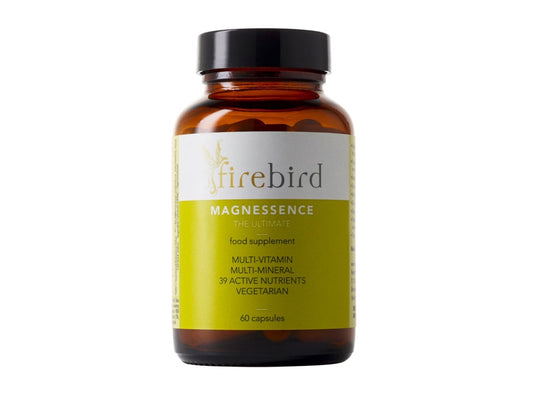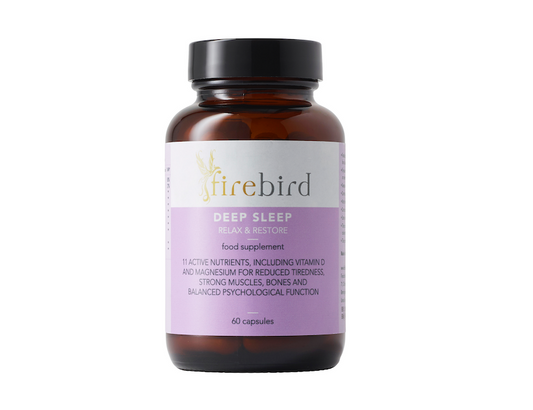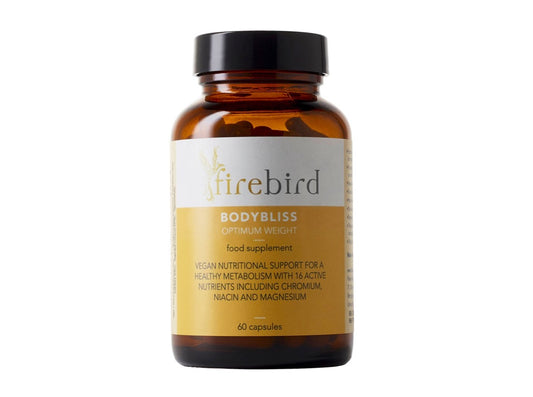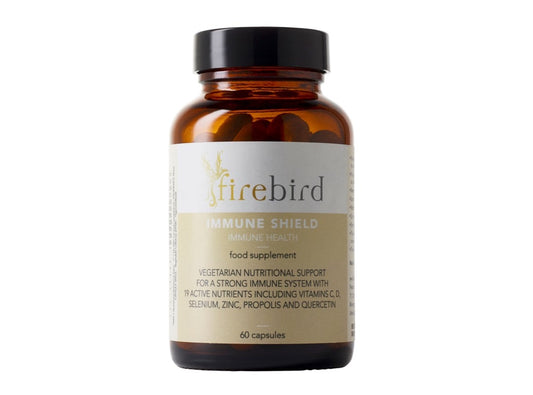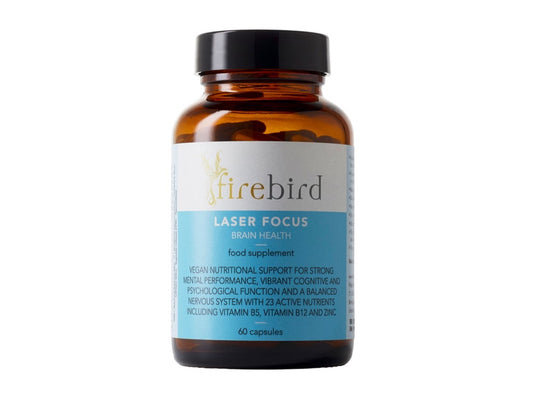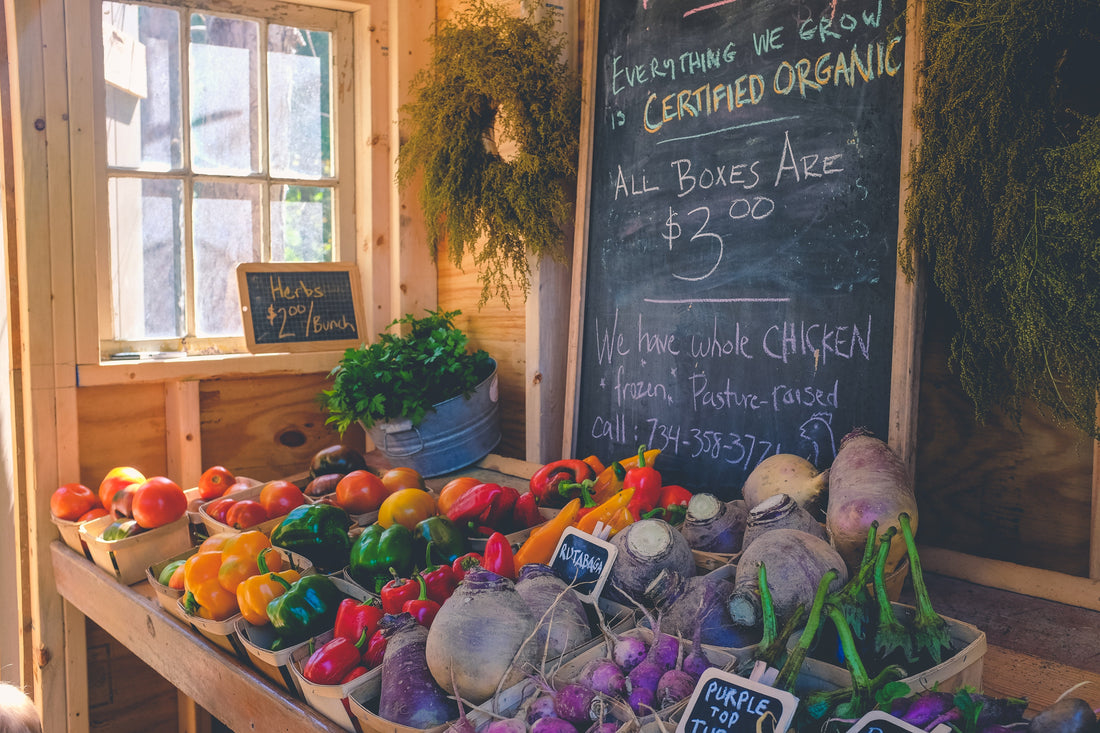
Why is Buying Organic a Better Choice for our Health and the Health of our Planet?
Firstly, what does organic mean?
Organic crops are non-GMO agricultural crops that are grown without the use of synthetic herbicides, pesticides, fungicides and fertilisers. Organic farmers may use natural fertilisers, such as manure and compost.
Organic meat, eggs and dairy products are sourced from livestock that is raised in natural living conditions, grazed on pasture and not given any antibiotics, growth hormones or animal by-products in their feed.

Why is it better for our health to eat organic?
Organic farming encourages better soil health because it does not kill the beneficial microbiome (the ecosystem of bacteria, archaea, viruses, fungi and protozoa) of the soil. The soil’s microbiome exchanges nutrients with the plant life so that the produce we then eat contains far more beneficial nutrients, such as minerals and antioxidants, than produce grown with pesticides, fungicides, herbicides and synthetic fertilisers.
Along with eating food that has a much higher nutritional value, we are also not consuming residues of all the fungicides, pesticides, herbicides and synthetic fertilisers used in conventional farming that have been shown to be detrimental to our health.
Why is it better for the health of the planet to eat organic?
Organic farming is better for the environment. Organic farming practices do not cause air or water pollution (pesticides, fungicides, herbicides and synthetic fertilisers are often water soluble and so filter into our rivers and lakes and into the water cycle), they conserve water (healthy soil holds more water), they reduce soil erosion (healthy soil holds together and is less liable to be blown or washed away), they increase soil fertility (a rich soil ecosystem provides nourishment for plant life) and they use less energy (organic farming requires fewer inputs and usually adopts no- or low-tillage methods of farming).
The widespread use of pesticides causes rapid soil degeneration and eventually desertification, with the consequent reduction of agricultural land available to produce food for a growing population. It has also led to the emergence of “super weeds” and “super bugs,” which can only be killed with extremely toxic poisons like 2,4-Dichlorophenoxyacetic acid (a major ingredient in Agent Orange).
So, let’s support the farmers who are farming using regenerative agricultural methods that help to build soil health, which also draws down carbon from the atmosphere. Improving soil health worldwide through regenerative methods is also the best and fastest solution we have for reversing the build-up of greenhouse gases in the atmosphere that is contributing to climate change.
What can I do if organic is just too expensive for me?
Buying organic food usually means spending more money. We may see this as a valuable investment in our health and in supporting organic farmers who are caring for the environment, but if it is still too much of a pinch to go completely organic, the “Dirty Dozen” list below includes the 12 foods that are priority organic buys because they generally contain the highest levels of pesticide residues, and the “Clean 15”, which generally contain very low levels of pesticide residues:
Dirty Dozen
- Strawberries
- Spinach
- Kale
- Nectarines
- Apples
- Grapes
- Peaches
- Cherries
- Pears
- Tomatoes and peppers
- Celery and cucumbers
- Potatoes

Clean 15
- Avocados
- Sweet corn
- Pineapples
- Onions
- Papayas and Mangos
- Peas
- Aubergines
- Asparagus
- Cauliflower
- Melon
- Broccoli
- Mushrooms
- Cabbage
- Kiwi
- Grapefruit

Supporting local farmers’ markets can also be a way to buy cheaper, seasonal organic produce.
Learn more:
A Gratitude Journal - Your Key to Unlocking Happiness
How to Optimise Your Immune Health
What makes Magnessence such a powerful support for optimum health?
To supplement or not to supplement...
What toxic ingredients might be lurking in your supplements?

